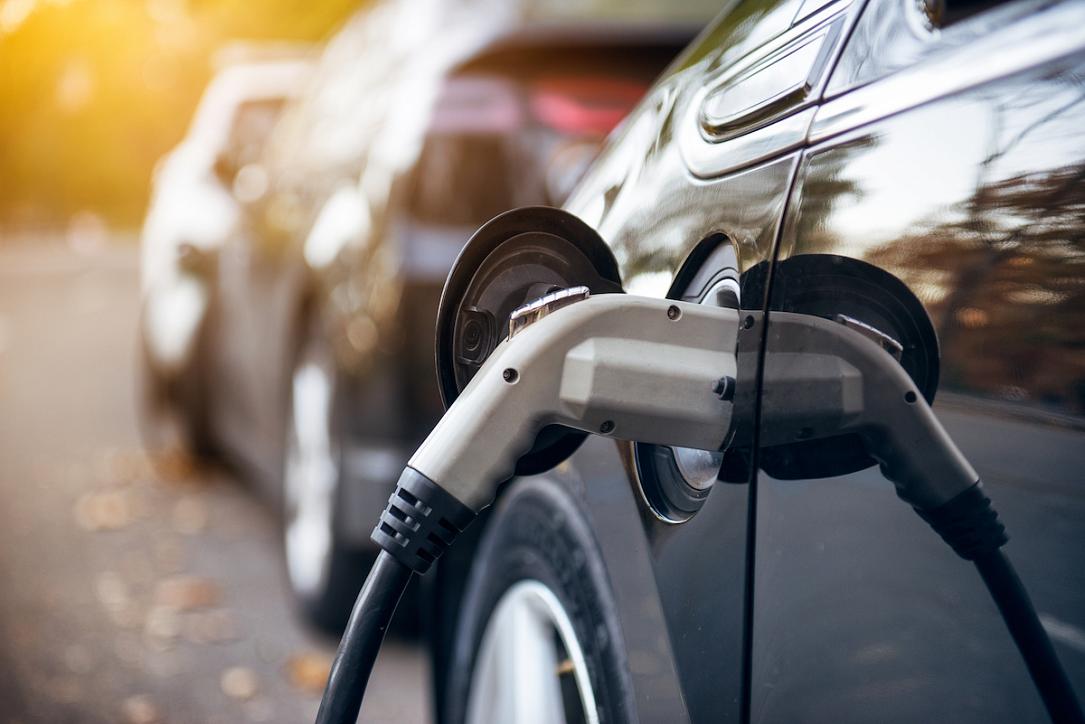Survey: Charging infrastructure remains main concern for Romanians looking to buy electric cars



Hybrid and electric vehicles are preferred by almost half of the Romanian consumers (46%), who say they would choose such a car, according to the Deloitte 2022 Global Automotive Consumer Study, conducted in 25 countries around the world, including Romania.
Out of these, the majority (63%) would choose such a car due to the lower fuel cost compared to the gasoline or diesel engine. At the same time, 49% are motivated by environmental protection, 47% by personal health, and 40% are attracted by government incentives programs.
Among the European countries analyzed in the study, five show that the number of consumers who intend to buy an internal combustion engine as their next vehicle has dipped below 50%. These five countries are the largest car markets in the region - Germany (49%), France (48%), the United Kingdom (47%), Spain (35%) and Italy (31%). In Romania, the percentage of those who remain loyal to a diesel or gasoline engine is 50%.
Most of the Romanian respondents who prefer an electric vehicle would choose a hybrid model, while only 7% of the total Romanian respondents showed an interest in battery electric vehicles.
Among the Romanians who intend to buy an electric vehicle, 54% said they would maintain their preference even if the price for electricity used for mobility were similar to current fossil fuels, 38% said they would rethink their decision, and 8% were unsure about this.
The main reasons why Romanian consumers remain reluctant to electric cars are the lack of public charging infrastructure (23%), driving range (16%) and high price (15%). In the other European countries, the driving range is the main concern – France (25%), Germany (24%), Italy (22%), Poland (22%), Austria (21%), Belgium (21%), Spain (21%), the United Kingdom (21%).
Most Romanians plan to charge their electric car at home (49%), but an almost equal share (45%) prefer public charging stations. In other European countries, the percentage of those who want to charge their electric vehicles at home increases to 81% in the UK, 71% in Austria and 70% in Germany.
"In the first quarter of 2022, the market share of hybrid electric vehicles increased to 25.1% in the European Union, from 21% in the same period of 2021, according to the European Association of Automobile Manufacturers. In Romania, the sales of hybrid electric vehicles also increased by 45% in the same period, and the battery electric vehicles went up by over 400%. The evolution is remarkable, despite the low reporting basis. The mindset change is due both to the increasing awareness among the population of the impact of using the personal car on the environment and to the European authorities' policies in this direction. On the other hand, the waiting time for a new car is getting longer, because of the disruptions in the supply chains over the last two years. This is the reason why in Romania the registrations of second-hand cars, which are much more polluting, increased by 3.7% (about 400,000 cars), and of the new ones decreased by 4% (121,000 cars) in 2021 compared to the previous year, according to data published by the authorities. The trend reversed in the first months of 2022, but the situation remains worrying," Ciprian Gavriliu, Tax Partner, Deloitte Romania, Automotive Industry Leader, said.
The Deloitte 2022 Global Automotive Consumer Study surveyed more than 26,000 consumers in 25 countries. Over 11,000 were from ten European countries - Austria, Belgium, Czech Republic, France, Germany, Italy, Poland, Romania, Spain and the United Kingdom.
(Photo: Mykyta Starychenko/ Dreamstime)
simona@romania-insider.com